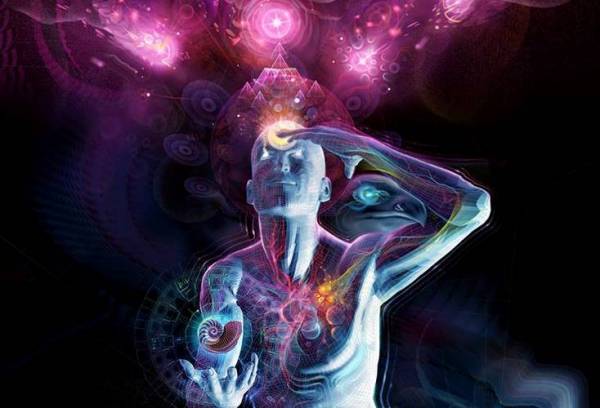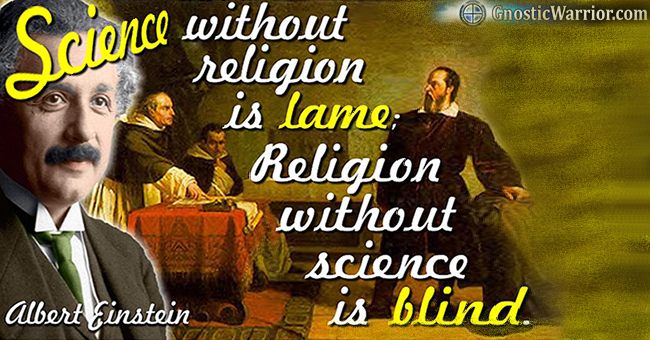Page 90
notwithstanding this, whenever the subject of magic is discussed, that of India has rarely suggested itself to any one, for of its general practice in that country less is known than among any other ancient people. With the Hindus it was and is more esoteric, if possible, than it was even among the Egyptian priests. So sacred was it deemed that its existence was only half admitted, and it was only practiced in public emergencies. It was more than a religious matter, for it was considered divine. The Egyptian hierophants, notwithstanding the practice of a stern and pure morality, could not be compared for one moment with the ascetical Gymnosophists, either in holiness of life or miraculous powers developed in them by the supernatural adjuration of everything earthly. By those who knew them well they were held in still greater reverence than the magians of Chaldea. Denying themselves the simplest comforts of life, they dwelt in woods, and led the life of the most secluded hermits, while their Egyptian brothers at least congregated together.
Notwithstanding the slur thrown by history on all who practiced magic and divination, it has proclaimed them as possessing the greatest secrets in medical knowledge and unsurpassed skill in its practice. Numerous are the volumes preserved in Hindu convents, in which are recorded the proofs of their learning. To attempt to say whether these Gymnosophists were the real founders of magic in India, or whether they only practiced what had passed to them as an inheritance from the earliest Rishis- the seven primeval sages — would be regarded as a mere speculation by exact scholars. “The care which they took in educating youth, in familiarizing it with generous and virtuous sentiments, did them peculiar honor, and their maxims and discourses, as recorded by historians, prove that they were expert in matters of philosophy, metaphysics, astronomy, morality, and religion,” says a modern writer. They preserved their dignity under the sway of the most powerful princes, whom they would not condescend to visit, or to trouble for the slightest favor. If the latter desired the advice or the prayers of the holy men, they were either obliged to go themselves, or to send messengers. To these men no secret power of either plant or mineral was unknown. They had fathomed nature to its depths, while psychology and physiology were to them open books, and the result was that science or machagiotia that is now termed, so superciliously, magic.
While the miracles recorded in the Bible have become accepted facts
Page 91
with the Christians, to disbelieve which is regarded as infidelity, the narratives of wonders and prodigies found in the Atharva-Veda, either provoke their contempt or are viewed as evidences of diabolism. And yet, in more than one respect, and notwithstanding the unwillingness of certain Sanscrit scholars, we can show the identity between the two. Moreover, as the Vedas have now been proved by scholars to antedate the Jewish Bible by many ages, the inference is an easy one that if one of them has borrowed from the other, the Hindu sacred books are not to be charged with plagiarism.
First of all, their cosmogony shows how erroneous has been the opinion prevalent among the civilized nations that Brahma was ever considered by the Hindus their chief or Supreme God. Brahma is a secondary deity, and like Jehovah is “a mover of the waters.” He is the creating god, and has in his allegorical representations four heads, answering to the four cardinal points. He is the demiurgos, the architect of the world. “In the primordiate state of the creation,” says Polier’s Mythologie des Indous, “the rudimental universe, submerged in water, reposed in the bosom of the Eternal. Sprang from this chaos and darkness, Brahma, the architect of the world, poised on a lotus-leaf floated (moved?) upon the waters, unable to discern anything but water and darkness.” This is as identical as possible with the Egyptian cosmogony, which shows in its opening sentences Athtoror Mother Night (which represents illimitable darkness) as the primeval element which covered the infinite abyss, animated by water and the universal spirit of the Eternal, dwelling alone in Chaos. As in the Jewish Scriptures, the history of the creation opens with the spirit of God and his creative emanation — another Deity. Perceiving such a dismal state of things, Brahma soliloquizes in consternation: “Who am I? Whence came I?” Then he hears a voice: “Direct your prayer to Bhagavant — the Eternal, known, also, as Parabrahma.” Brahma, rising from his natatory position, seats himself upon the lotus in an attitude of contemplation, and reflects upon the Eternal, who, pleased with this evidence of piety, disperses the

Moe is the founder of GnosticWarrior.com. He is a father, husband, author, martial arts black belt, and an expert in Gnosticism, the occult, and esotericism.


![How a blind woman, praying in the burial-place of that monastery, was restored to her sight [675 A.D.?] | Book 4 | Chapter 10 How a blind woman, praying in the burial-place of that monastery, was restored to her sight [675 A.D.?] | Book 4 | Chapter 10](https://www.gnosticwarrior.com/wp-content/plugins/contextual-related-posts/default.png)



